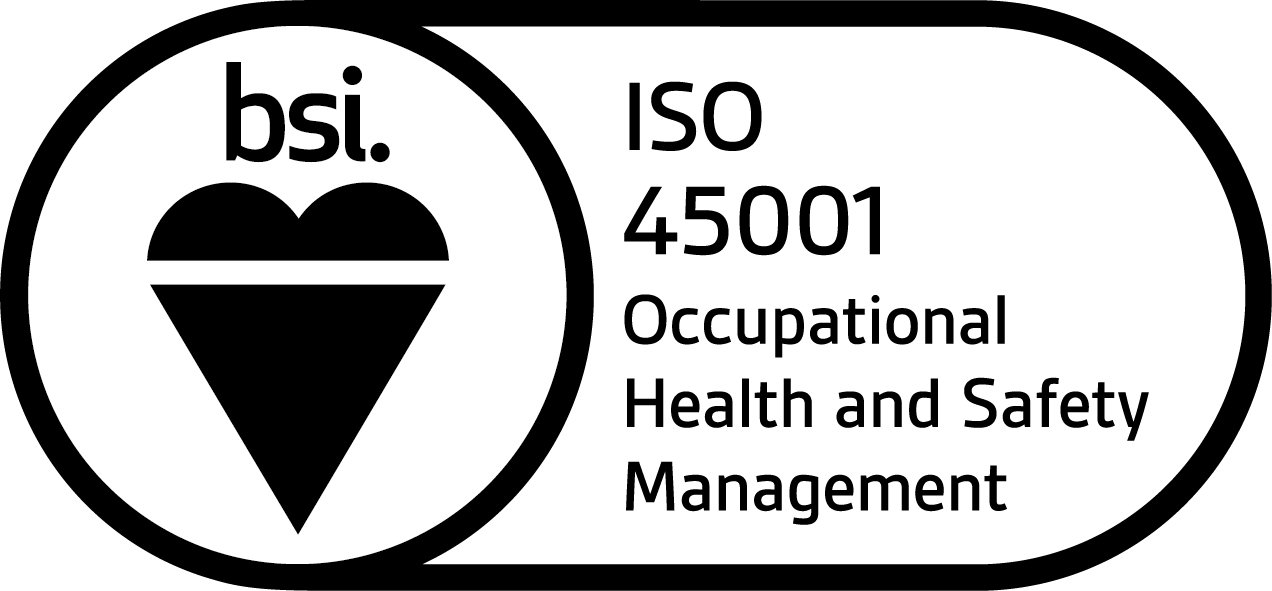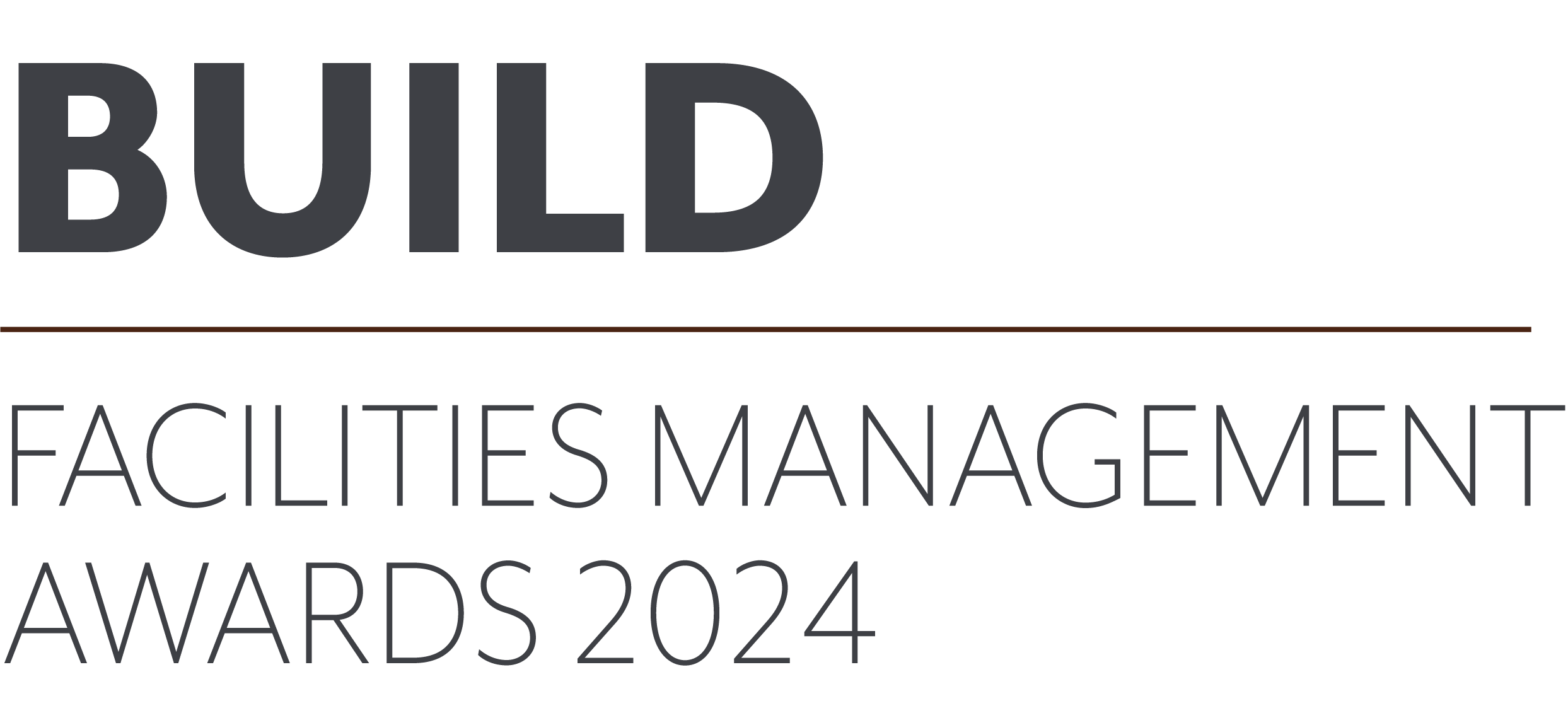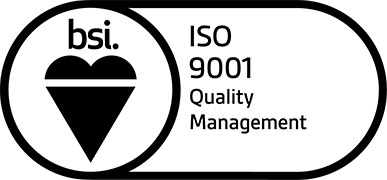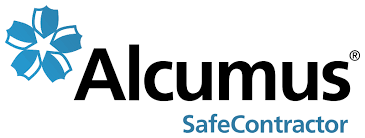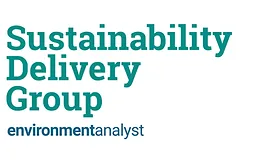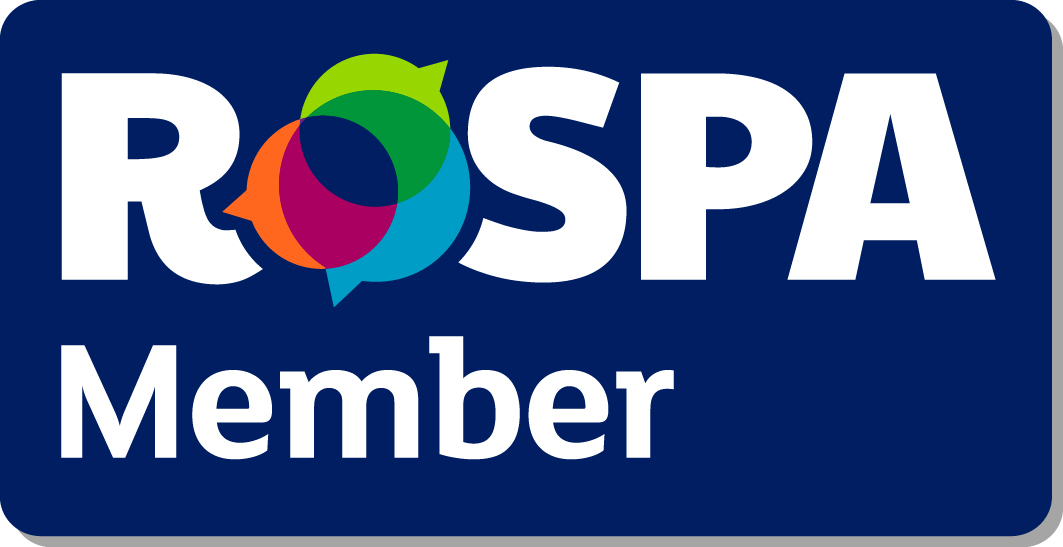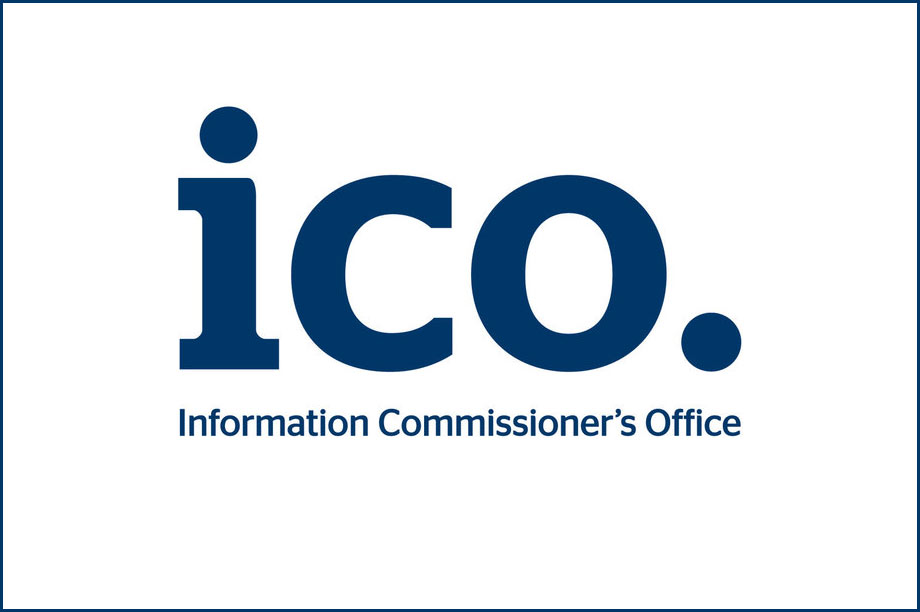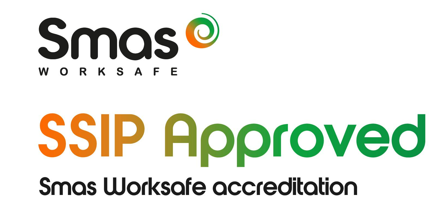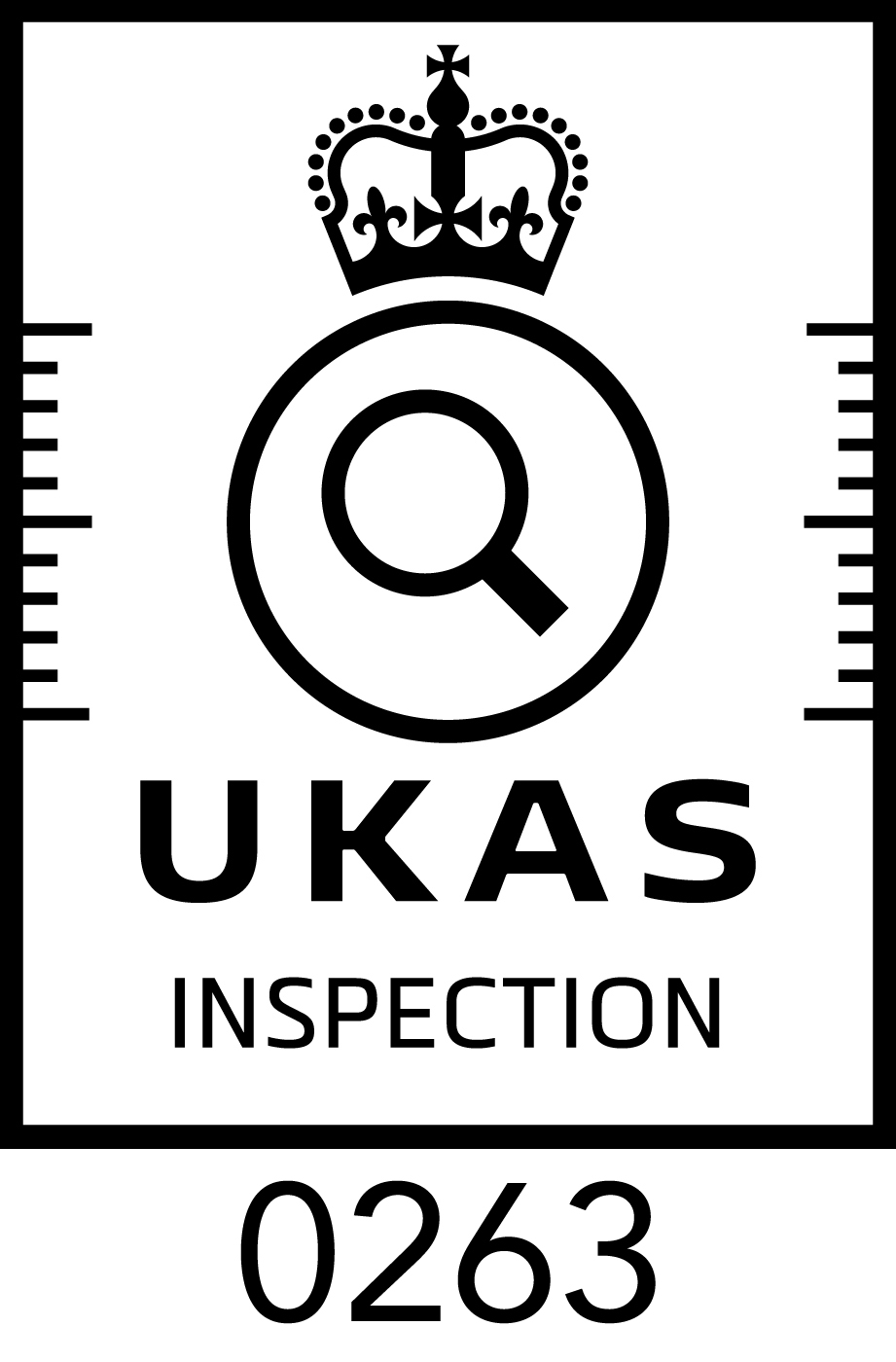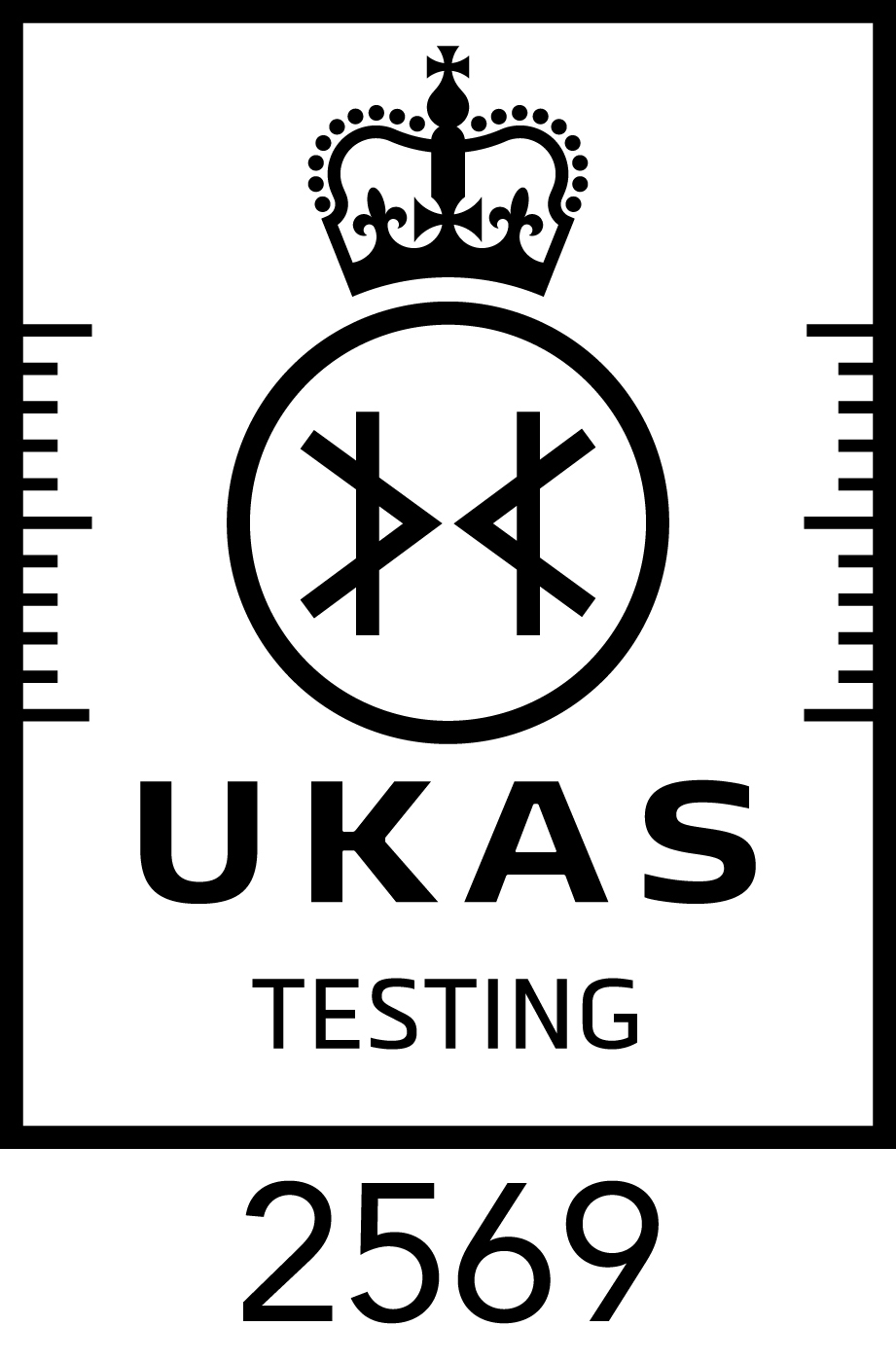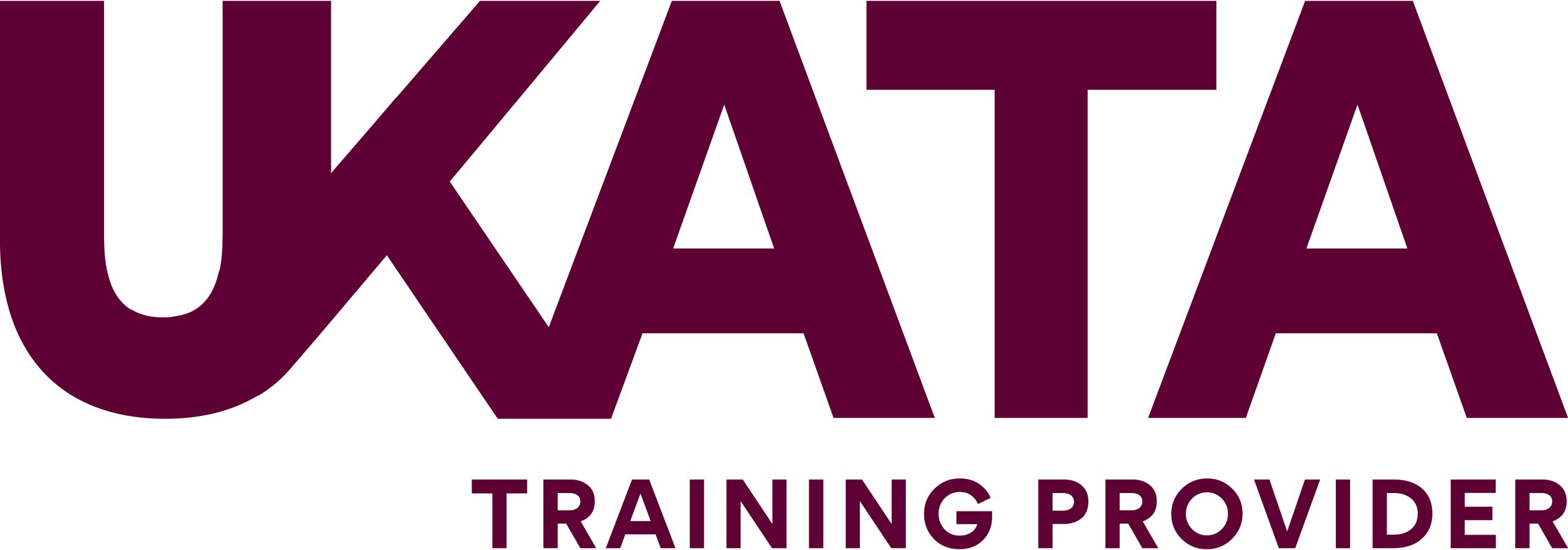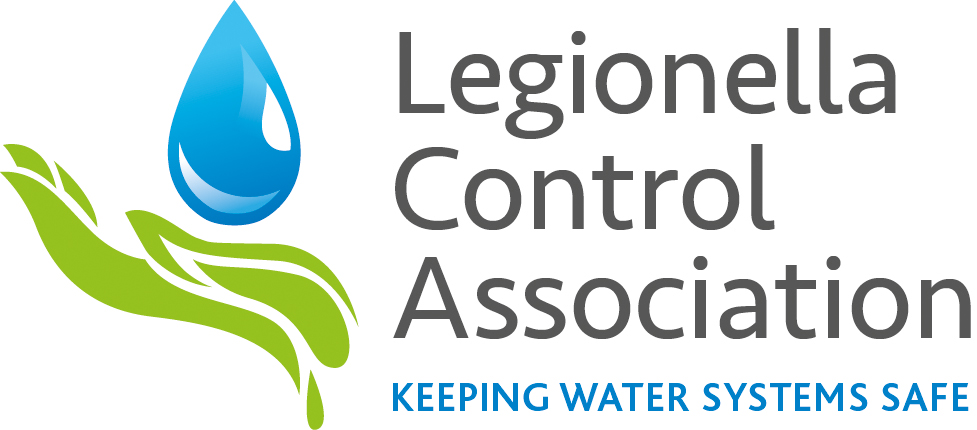Protecting people and planet
Protecting people and planet
Protecting people and planet
Protecting people and planet
Protecting people and planet
Heatwaves on Construction Sites: Prioritising Worker Safety in Rising Temperatures

Lucion Group
14th June, 2023
The UK's hottest days of the year have arrived, and as an employer or manager responsible for workers on construction sites, it is crucial to prioritise the health and safety risks associated with soaring temperatures.
Senior Consultant (Head of CDM Services) Christian McCale from our specialist Environmental Health and Safety team at our company Delta-Simons, reviews what you need to do to ensure your workers are protected whilst out on site.
Construction workers and other outdoor workers are well aware of the potential dangers brought about by exposure to extreme heat. The main risks include excessive UV ray exposure, dehydration, overheating (particularly for individuals with heart or respiratory conditions), as well as heat exhaustion and heat stroke, as outlined by the NHS. By ensuring that your employees are well-informed and protected during working hours, you can prevent these heat-related illnesses and reduce the risk of accidents at work.
High temperatures can lead to lethargy, loss of concentration, and increased chances of accidents at work, as highlighted by ROSPA. Poor manual handling, and compromised judgment when working with machinery, tools, or chemicals, all contribute to increased injury risks. To minimise such risks, workers must pay extra attention to regulations such as PUWER or COSHH to reduce the likelihood of errors.
Heat-Related Risk Assessments
Conducting effective risk assessments is a crucial step in protecting your employees and your company. It is your legal obligation as an employer to conduct these assessments. By helping your employees avoid excessive sun exposure and managing their risks, you can prevent serious and avoidable incidents. The Health and Safety Executive (HSE) recommends the following measures for employers:
- Include sun protection advice in routine health and safety training.
- Encourage workers to stay covered up, especially during the midday hours of summer.
- Advocate the use of sunscreen with at least SPF (Sun Protection Factor) 15.
- Encourage regular breaks and provide access to shaded areas for all workers.
- Schedule shift work effectively to minimise necessary exposure to heat.
- Ensure employees have regular access to drinking water and encourage hydration breaks to prevent dehydration. Under the Workplace (Health, Safety and Welfare) Regulations 1992, employers must provide employees with drinking water and adequate ventilation, both of which help manage a hot working environment.
- Provide employees with access to information about sun exposure and high-temperature risks to prevent avoidable accidents and promote risk management.
- Supply appropriate Personal Protective Equipment (PPE) to all employees.
Following these key points and conducting thorough risk assessments will benefit both your employees and your organisation. Ensuring the safety of your employees will reduce the number of absence days due to sun exposure or heat-related illnesses, create a healthier and more informed workforce, and minimise the long-term risk of cancer from excessive sun exposure. By prioritising employee safety and well-being, you will foster a better working environment for both employees and employers, promoting a positive work culture through improved risk assessments and communication.
Heat Affects On Indoor Workers
It's important to remember that temperature-related illnesses can also affect indoor workers. Office workers, drivers, and site staff are all at risk of heat-related issues as temperatures rise. Therefore, it is vital to ensure that all employees, regardless of exposure to direct sunlight or temperature increases, are provided with safe working conditions and that their potential heat-related risks are managed effectively. Most heat-related incidents can be avoided with proactive measures. By implementing and maintaining an effective health and safety risk management plan, you can benefit both your employees and your company.
Delta-Simons Ltd: Part of the Lucion Group
Delta-Simons is a trusted multi-disciplinary environmental and health and safety consultancy focused on sustainable development.
With 30 years of experience, we provide holistic environmental services and advice to various sectors including industrial, commercial, residential, and public organisations. As a founding member of the Inogen Alliance, we prioritise knowledge-sharing and storytelling to address climate change and create a positive future.
As part of the Lucion Group, we collectively have a national presence with a team of 600 field-based technical specialists offering 50+ environmental consultancy services.
Our consultants provide critical insight, develop sustainable solutions, and help you progress your projects confidently. Get in touch with our team and start mitigating your risks: info@luciongroup.com.
About The Author
Senior Consultant - Head of CDM Services
Christian McCale has over 18 years of experience in the construction industry, working for multiple design consultants. With a focus on CDM compliance, he has delivered consultancy services for more than 14 years. Christian provides CDM Client Advisor, Principal Designer, and Principal Contractor support services across various sectors. He has worked on over 1000 projects, specialising in large-scale complex projects in Healthcare, Education, and Infrastructure.
Christian also acts as a retained adviser to design and engineering practices. He ensures business regulatory compliance, conducts project reviews, provides CPD to designers, performs fire and workplace risk assessments, and handles the production of H&S files and pre-construction information.
Christian McCale brings extensive experience and expertise to the construction industry, ensuring regulatory compliance and safety in project delivery.
Register for IMPACT Bulletin
Don’t miss a beat - get the latest insights and updates from Lucion straight to your inbox.

